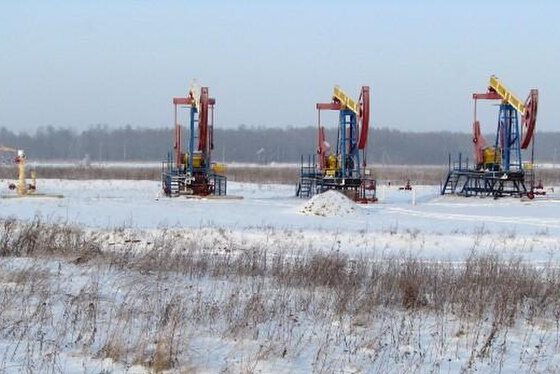Russia overtook the U.S. in terms of natural gas supplied to Europe in May as the war in Ukraine continues, according to Financial Times.
Once the leading supplier of gas to Europe, Russian deliveries fell off drastically following the start of the war in Ukraine as European states rushed to support the Ukrainian cause, according to Financial Times. However, despite the West’s sanctions and attempts to get off of Russian fuels, Europe is still buying considerable amounts of gas from Russia while the Biden administration has paused approvals for new liquefied natural gas (LNG) export terminals, further complicating Europe’s long-term energy supply.
Critics of the LNG pause have voiced concerns that the Biden LNG pause introduces needless uncertainty into Europe’s energy planning for the future. “One-off factors” were responsible for Russia overtaking the U.S. in May, according to Financial Times.
Slowly But Surely, Biden And The West Are Ramping Up Involvement In Russia-Ukraine War https://t.co/gPwopGH7Tv
— Daily Caller (@DailyCaller) June 1, 2024
Russia provided 15% of the gas supplied to the European Union (EU), U.K., Switzerland, Serbia, Bosnia and Herzegovina and North Macedonia in May, compared to 14% of supply that came to Europe from the U.S., according to Financial Times.
“The assertion from this administration that Biden’s LNG ban would have no impact on our trading partners is blatantly dishonest,” Republican Texas Rep. August Pfluger said in a statement shared with the Daily Caller News Foundation. “As U.S. players have been forced to withdraw on the global stage, Russia has filled the gap—making billions for Putin’s war machine in the process. President Biden’s LNG export ban must be lifted immediately to allow U.S. energy to flow to our allies.”
The Biden administration has countered criticisms of its LNG pause by asserting that there is plenty of already-approved export capacity in place that is unaffected by the moratorium, meaning that the risk to European supply is minimal or negligible. Several pundits and market watchers have credited American gas exports for allowing European allies to maintain support for the Ukrainian war effort amid spiking energy prices, especially in 2o22.
“It’s striking to see the market share of Russian gas and [liquefied natural gas] inch higher in Europe after all we have been through, and all the efforts made to decouple and de-risk energy supply,” Tom Marzec-Manser, who leads the gas analytics team for a consulting firm called ICIS, told Financial Times.
















